General Qasem Soleimani was like the George Washington of the Iranians and the people of the Middle East. His assassination will have dire consequences for the U.S.
Donald Trump has issued the order for the assassination of General Qassem Soleimani, the revered Iranian commander, alongside his lifetime friend and comrade, Abu Mahdi al-Muhandis.
To fully understand the magnitude of what may come next for the western powers in the Islamic world, it is vital to understand not only who the man was but also the ideology behind him.
Gen. Soleimani was dubbed as the “shadow commander” in the popular press around the world, Soleimani spent his first years as a young commander in the IRGC on the battlefields during the 1980s Iran-Iraq war.
The Iraq dictator Saddam Hussein had the support of western and Persian Gulf Arab states. Saddam planned to destroy the emerging Islamic uprising all over the region.
But it seems that many scholars have forgotten his first major mission as commander of the Quds force involved indirect coordination with the United States as the Bush administration started its mission to invade Afghanistan in 2001.
The Taliban fundamentalists were a mutual enemy at the time. Iran’s military aid ended in 2002 when the US president George W Bush famously called Iran alongside Iraq and North Korea the “axis of evil”.
Years later, Soleimani and the Axis of Resistance embarked on the mission to kick the US military out of places like Iraq.
After having spent trillions of dollars and enduring thousands of human casualties, Gen. Soleimani came out of this battle victorious and the United States was forced to withdraw from Iraq in 2011.
The Iranian General had little time to celebrate his achievement and newly formed fame. His attention was turned to containing the Persian Gulf Arab states’ intervention in countries involved with the Arab spring. He helped the Syrian president, Bashar al-Assad get on his feet again.
That progress caused the creation of a wide-scale network of militias and guerilla fighters numbering more than 100,000 men, unprecedented Russian involvement in the region, forming the axis of resistance in the region, and the transformation of Hezbollah into a force capable of operating covert missions in Israel’s heartland.
In 2014, when he singlehandedly blocked the Islamic State’s expansion throughout Iraq and Syria, the brave commander was being seen as an international hero among Iraqis and the Syrian people.
The same response was evident in Iran, Afghanistan, Yemen, and even Saudi Arabia, where he quickly became a household name.
So Donald Trump and his Western allies have not merely assassinated an ordinary Iranian military commander but also a highly popular figure. Even many people in the west are now viewing him as the guardian of liberty and freedom.
The right-wing propagandists in the west believe that his death was a huge blow to Iran’s proxy capabilities and his message in the region and the west. But such a perspective takes no notice of how the Iranian system works.
Soleimani’s successor as Quds force commander was set forth only 12 hours after his assassination. He was well aware of the dangers of the job, so martyrdom and what comes after it was never far from his mind.
Indeed, the old and experienced commander gave his younger lieutenants considerable operational authority and autonomy.
So what comes next? People in the region see Soleimani as an international hero and people in the west are raging against their governments and their corrupt systems.
In other words, Soleimani may, with his martyrdom, have already achieved the greatest achievement of his lifetime, and without firing a single shot: namely, his ultimate objective of ending the US military presence in the region and showing the brutal nature of western powers to its people.
4
Abu Mahdi
Abu Mahdi al-Mohandes
Abu Mahdi al-Mohandis
Abu Mahdi al-Muhandis
Afghanistan
al-Quds
America
American
Americans
Arab states
Bashar al-Assad
commander
commanders
Donald J. Trump
Gen. Soleimani
general soleimani
General Soleimany
qasem soleimani
Haj Qasem soleimani
Hard revenge
hard revengre
IRAN
iranian
Iranian embassy
Iraq
Iraqi
Iraqi people
IRGC’s Quds
Martyr Qassem Soleimani
Martyr Soleimani
poster soleimani
Qasem Soleimani
Qassem soleimani
Quds
Russian
severe revenge
Soleimani
Soleymani
Syrian
Syrian Arab
trump
United States
US
USA
Yemen
Yemeni

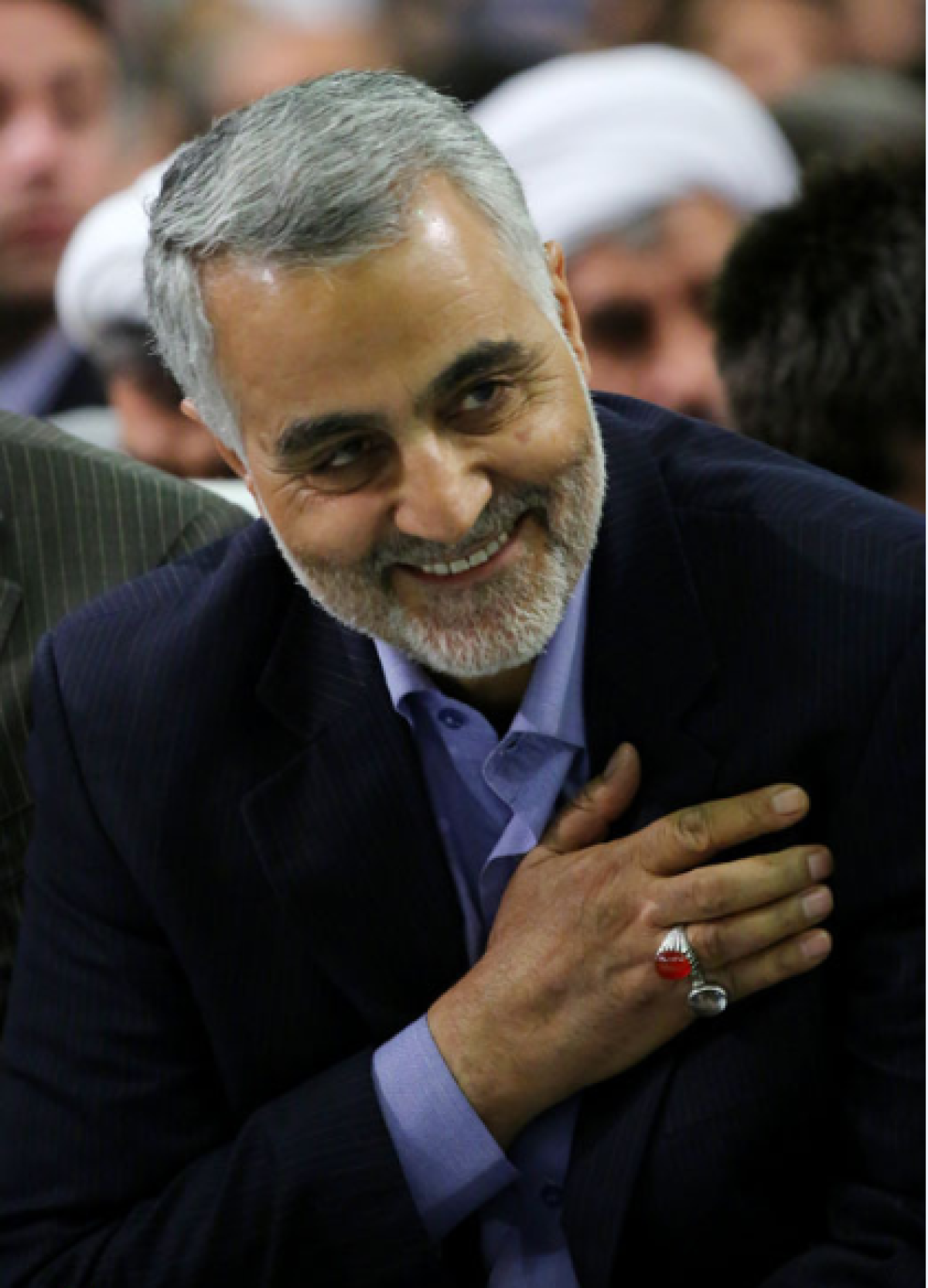
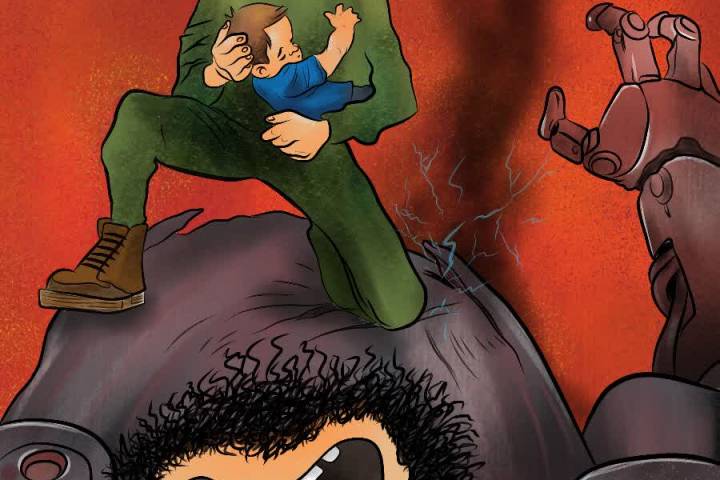
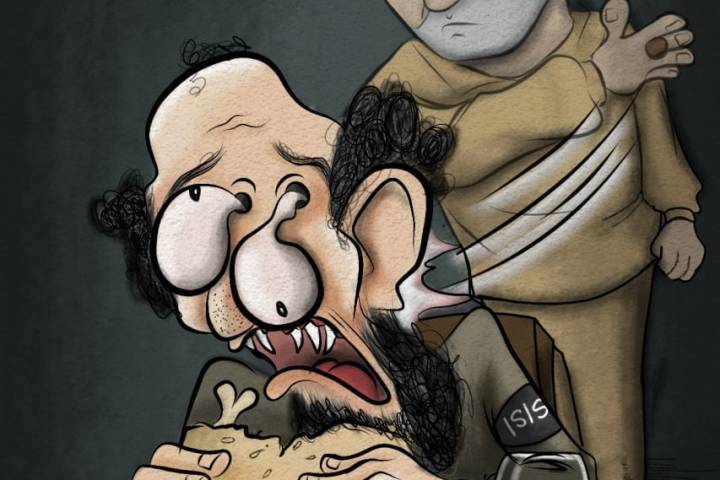
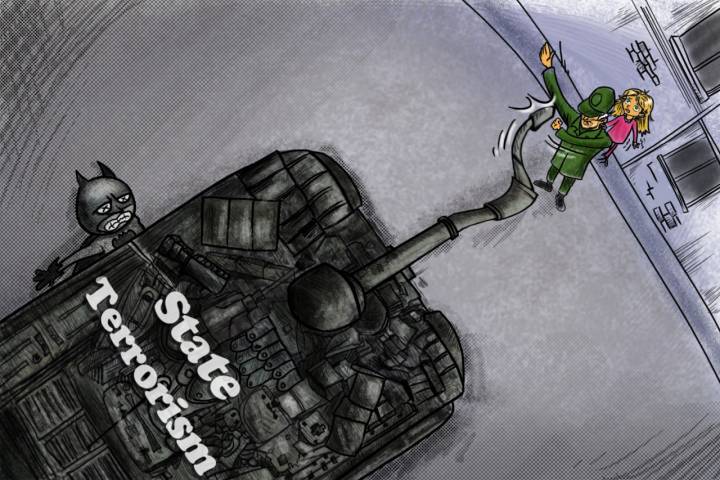
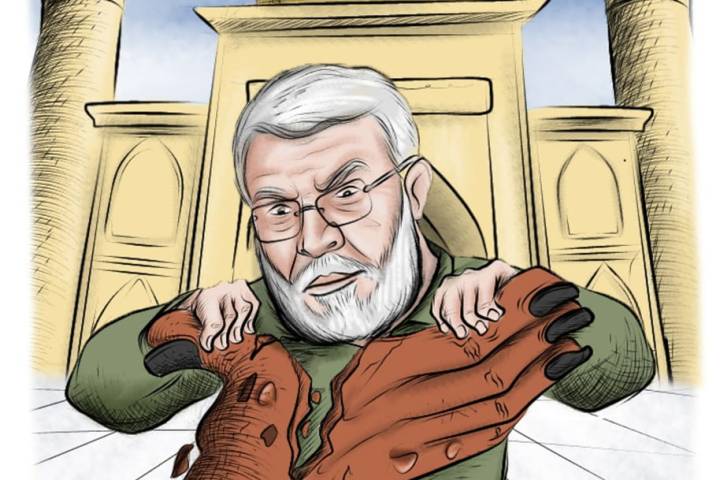
Comment
Post a comment for this article